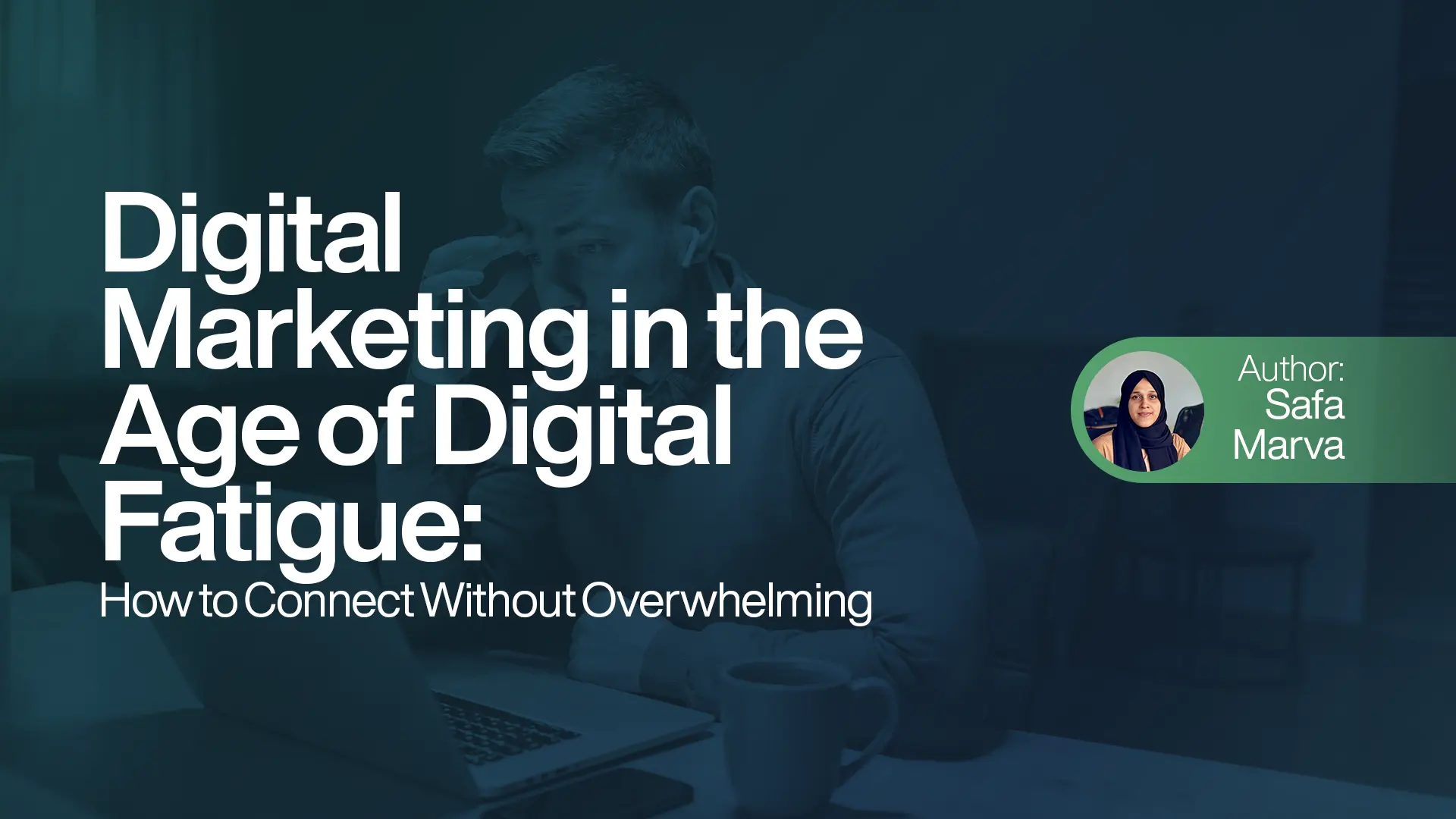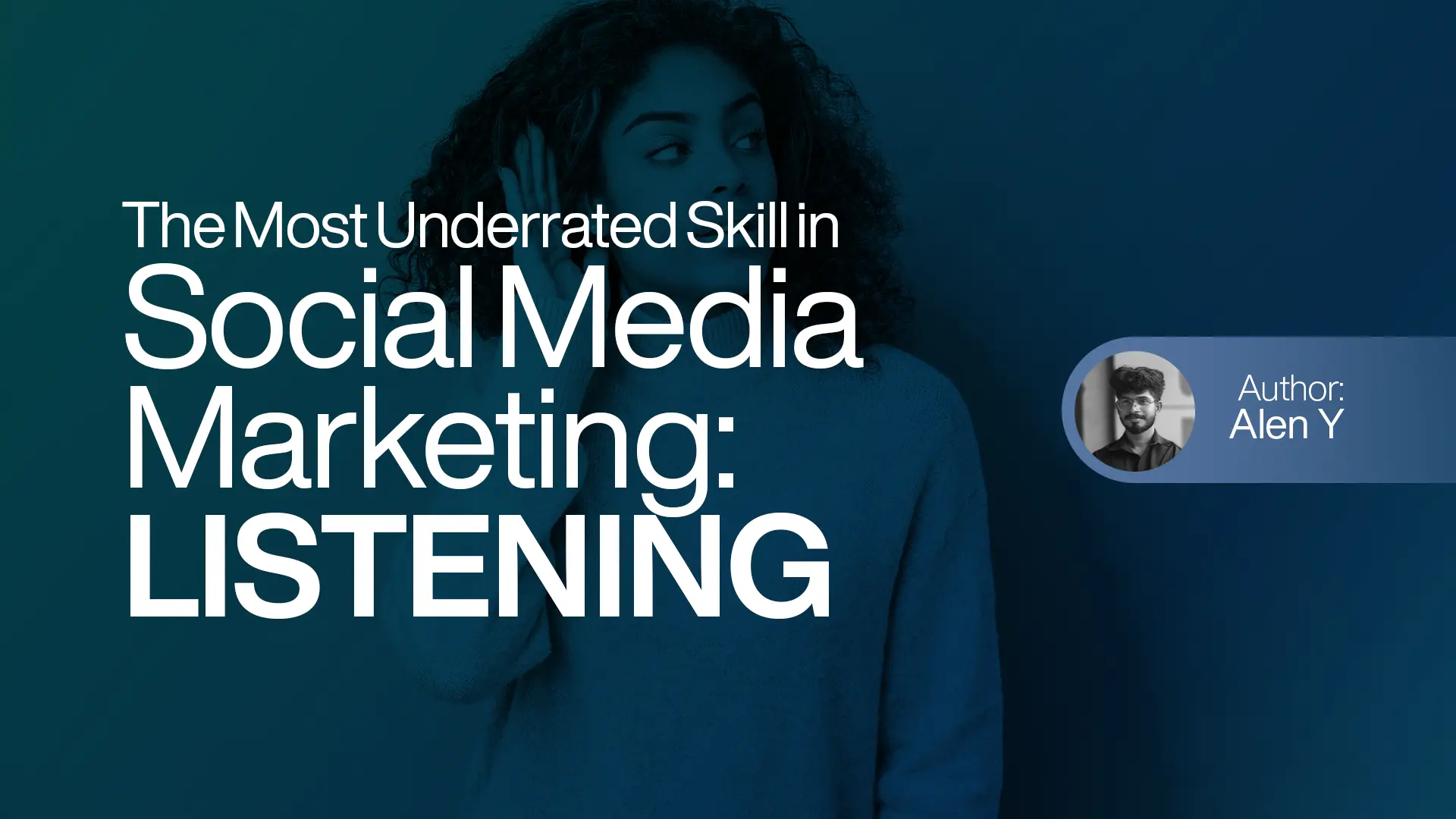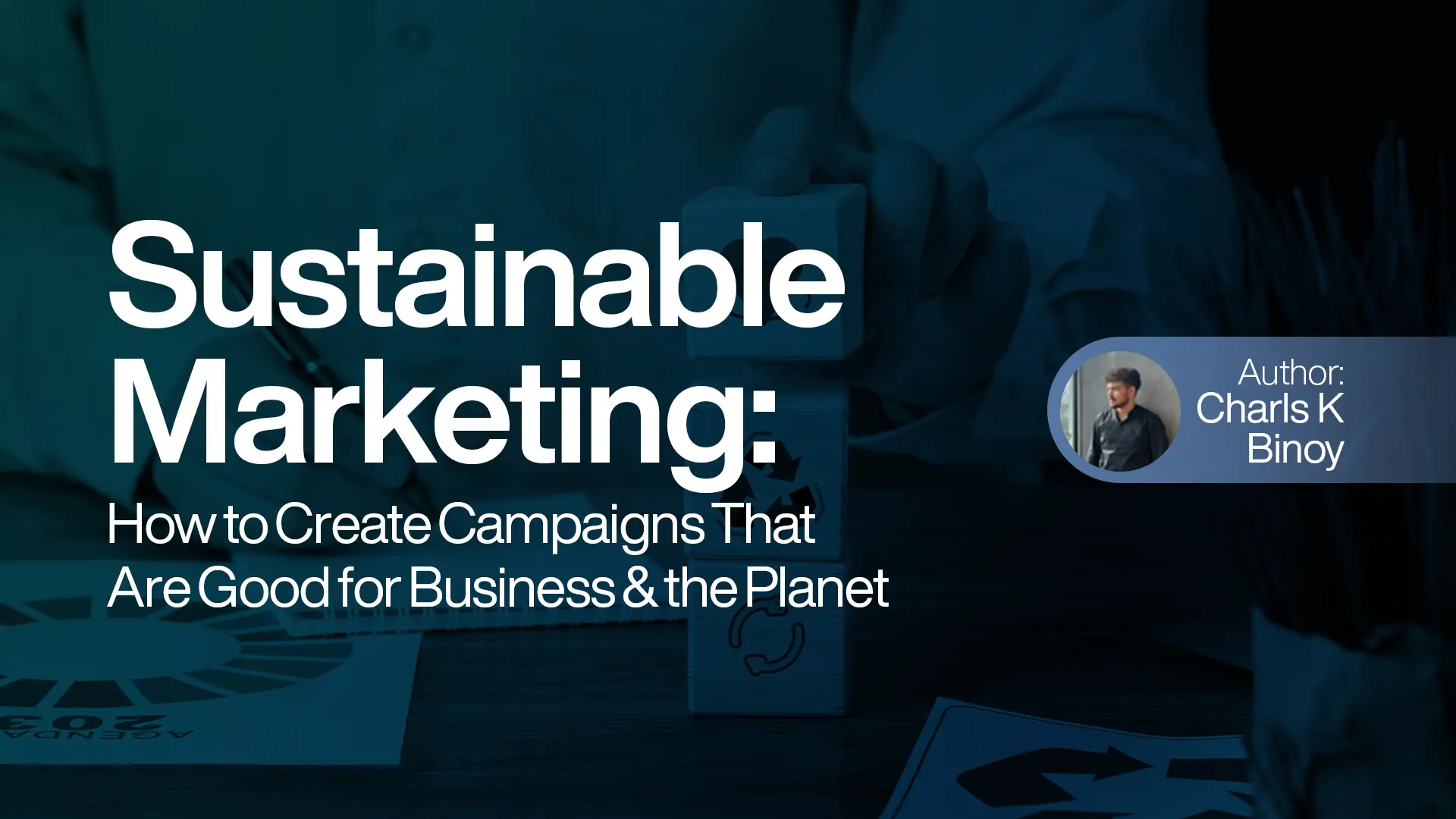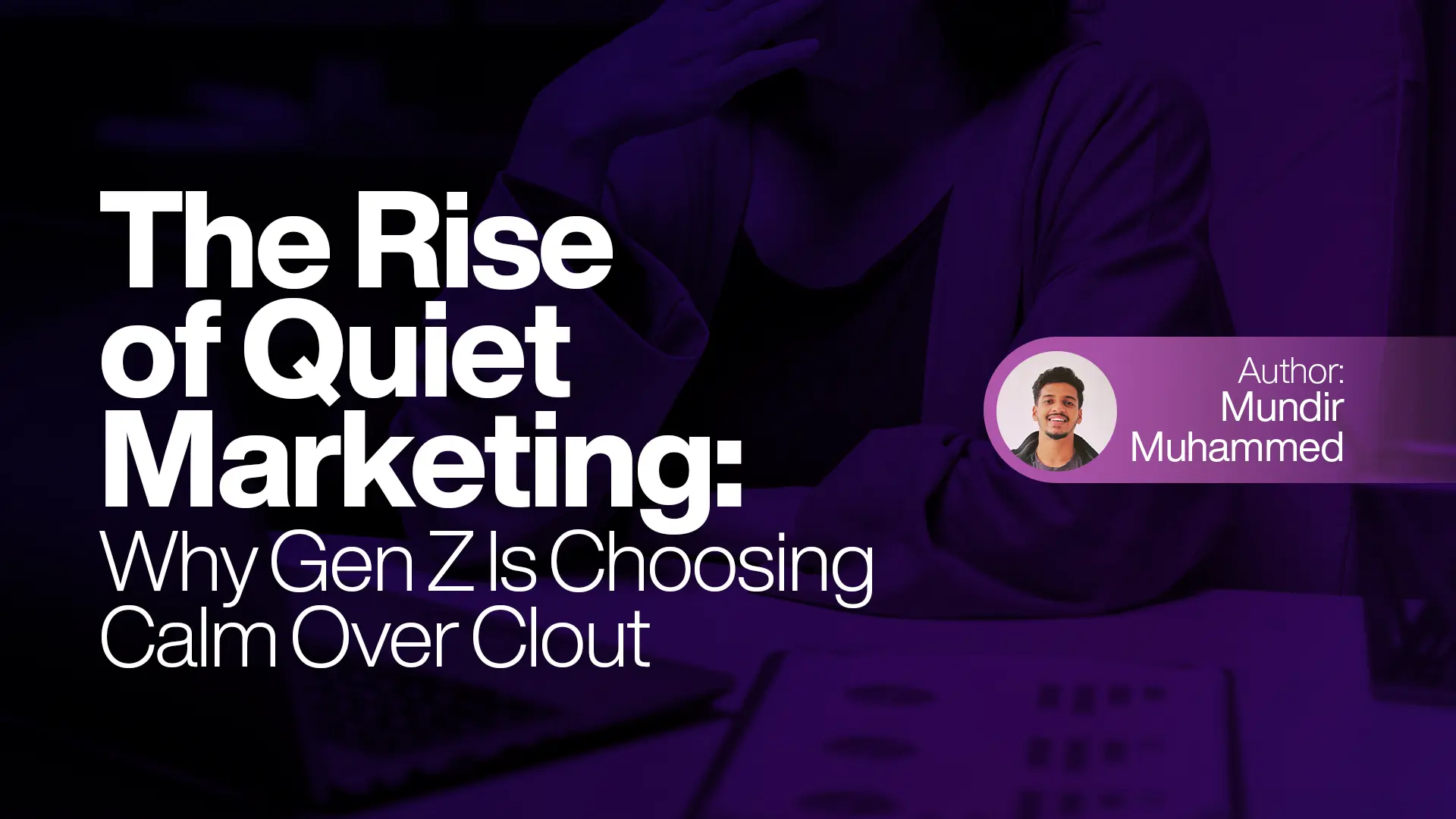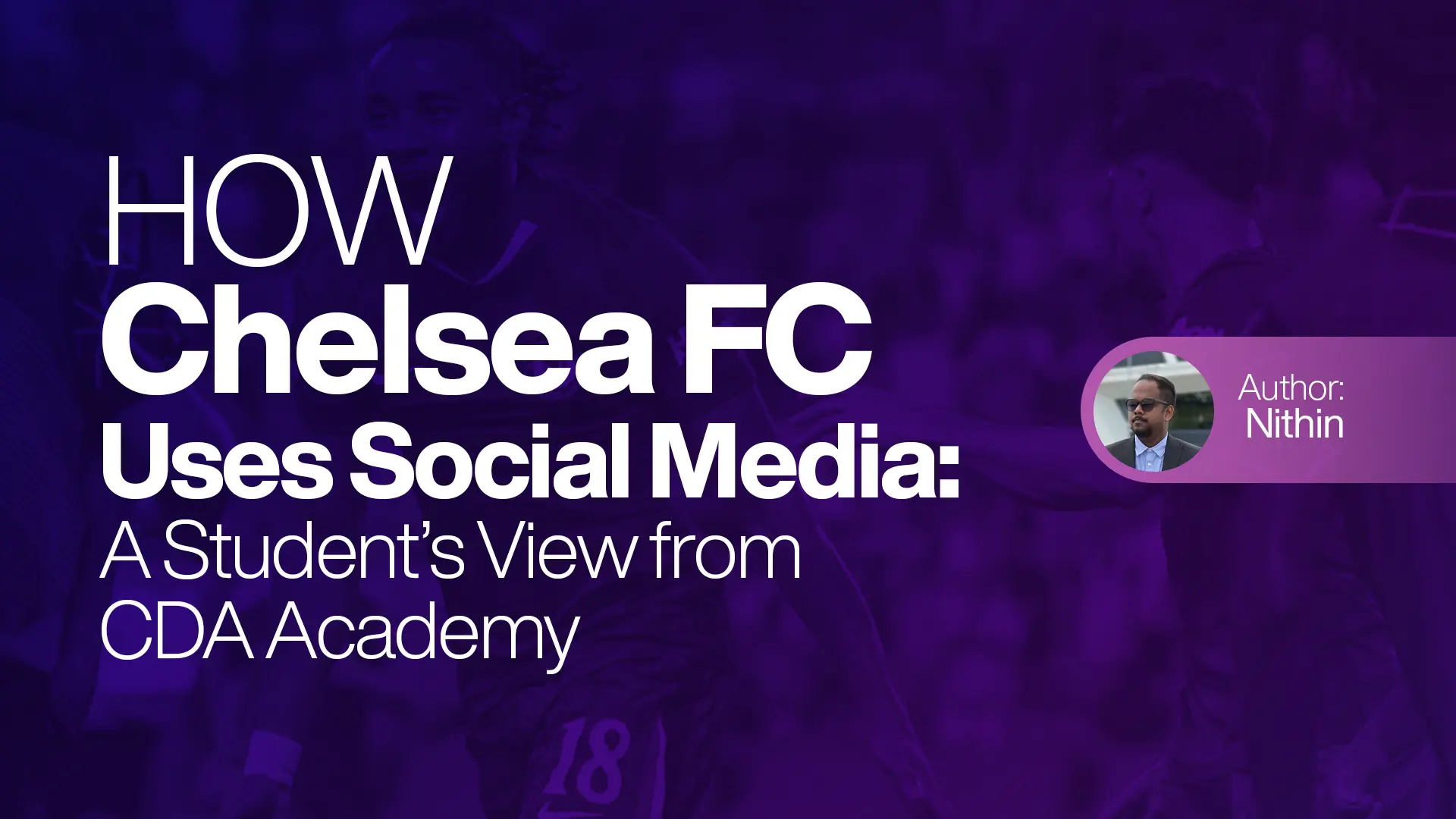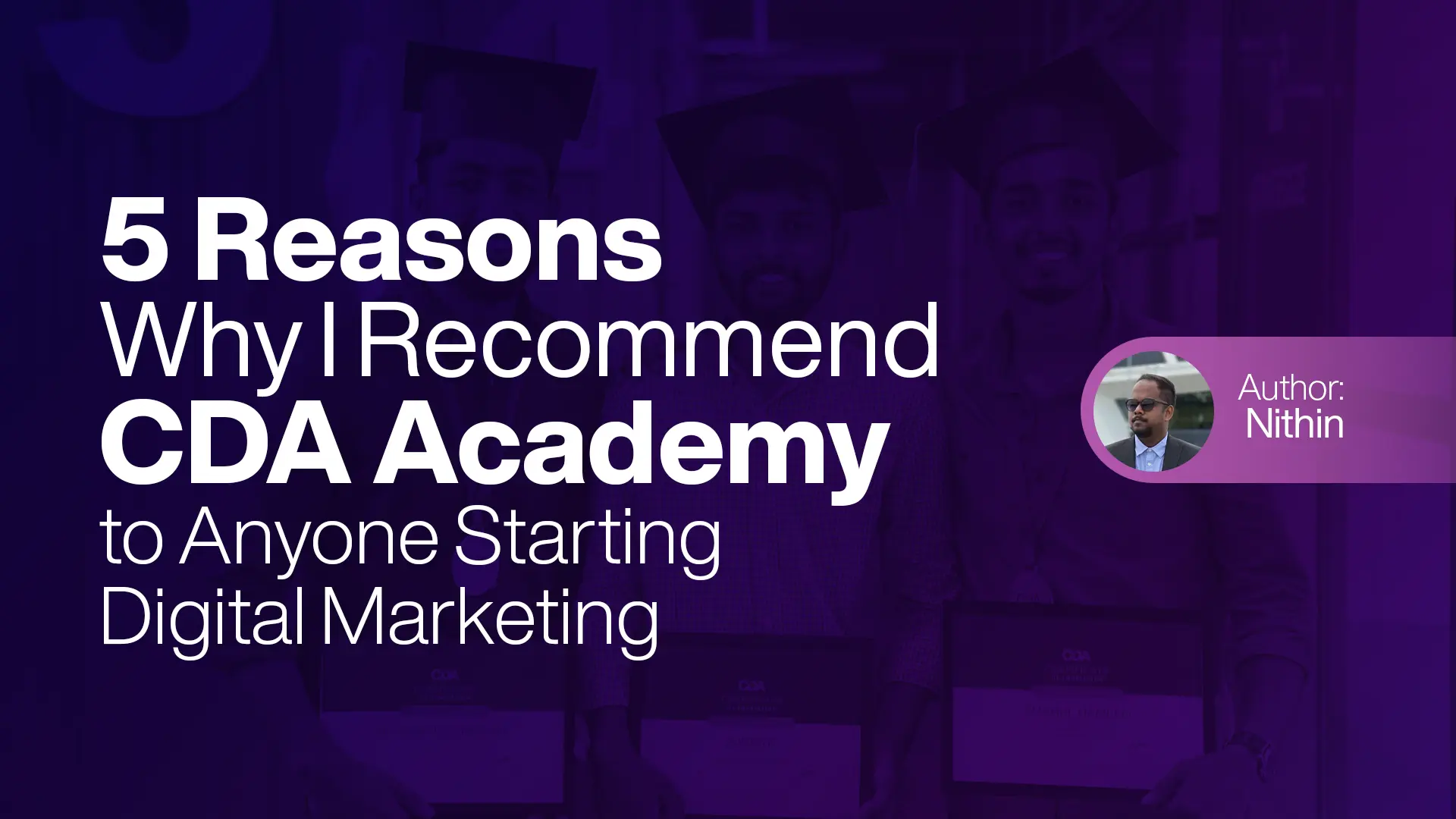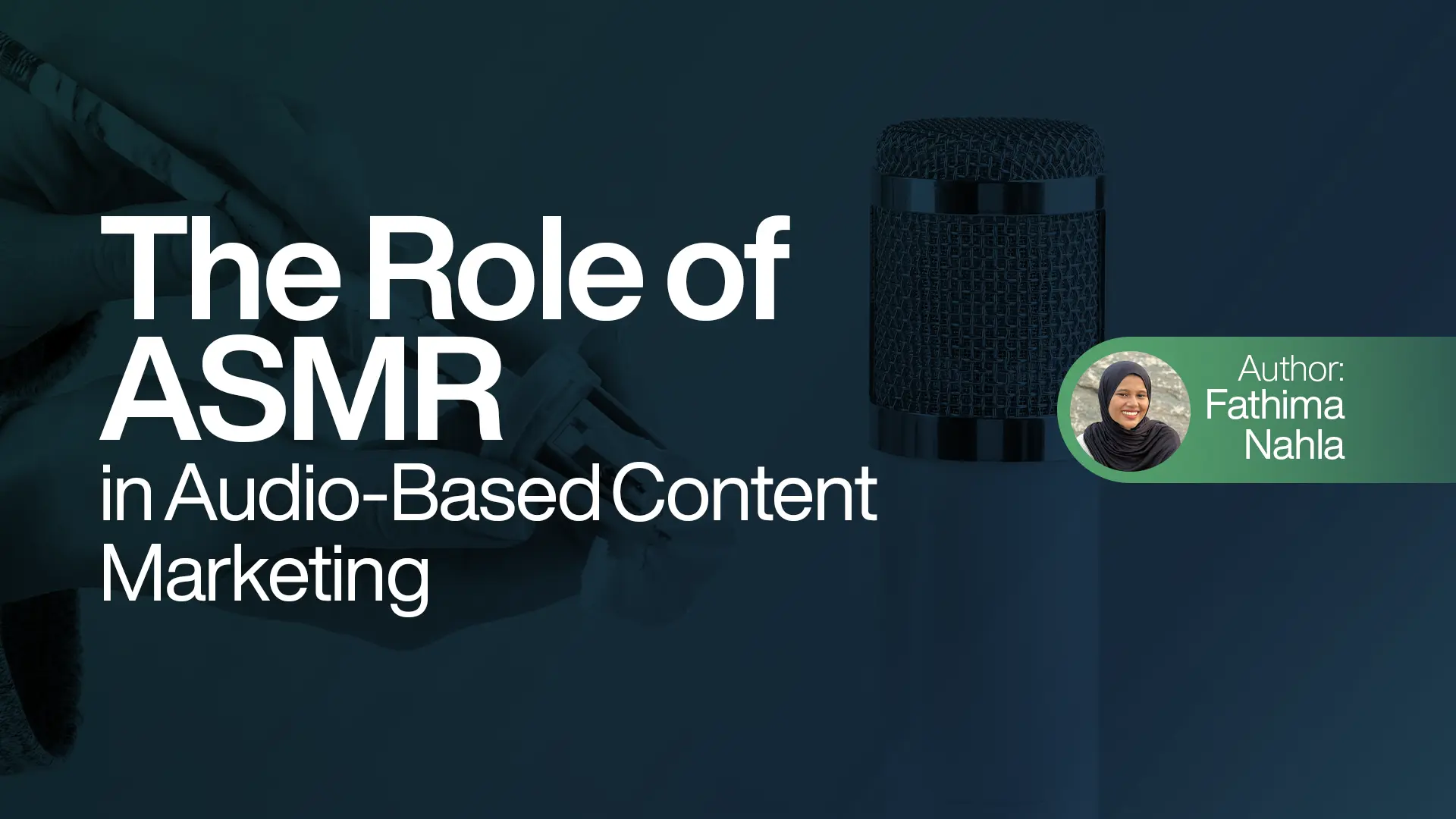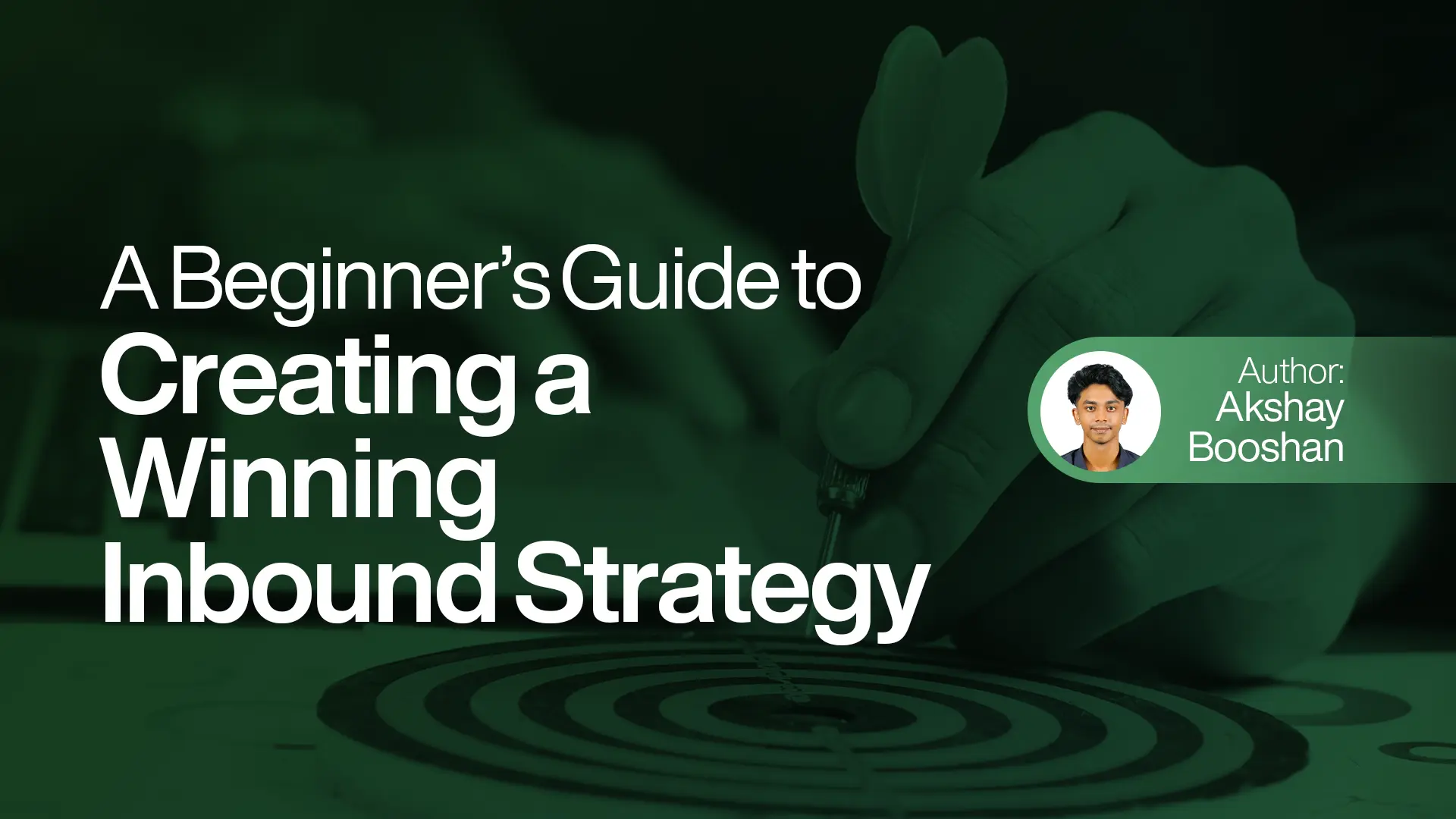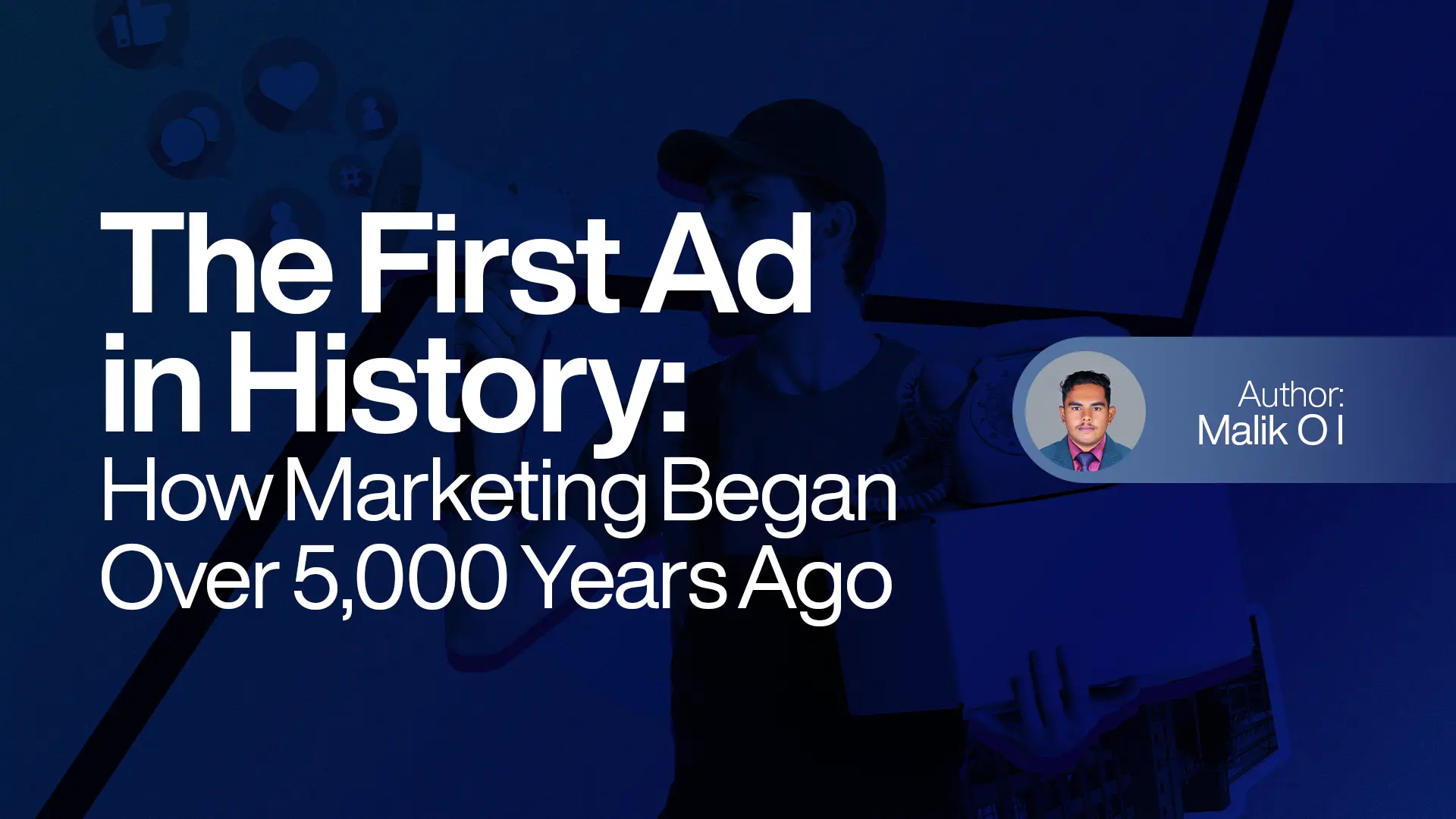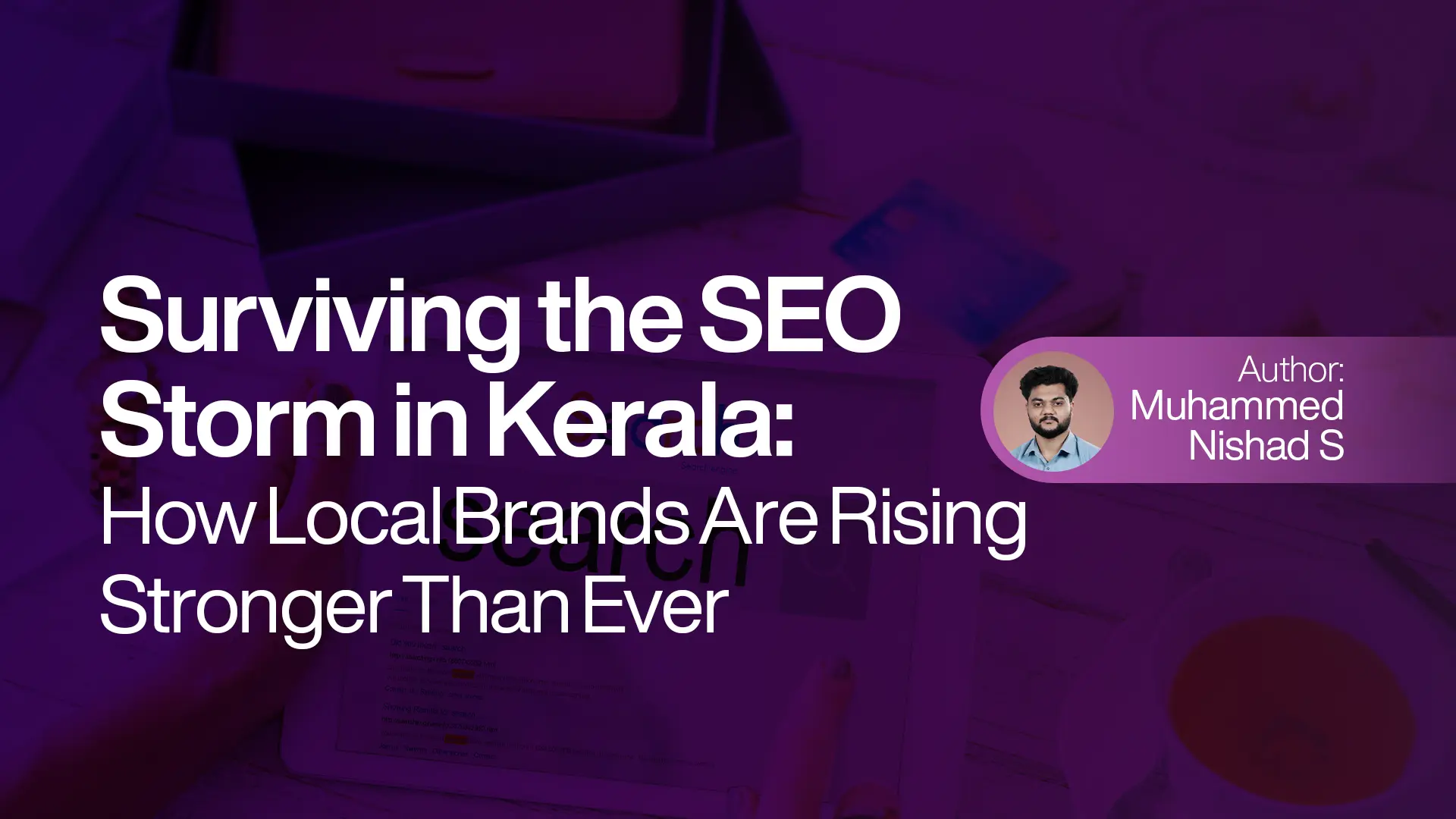Let me take you back to 2021. I had just finished one of my first client projects as a freelance digital marketer. I was so proud of the blog I had written, stuffed with all the “right” keywords, bolded phrases, and perfect headings.
I clicked publish, waited a week… then two.
No traffic, no rankings, no client excitement.
I was confused. I had done everything the tutorials and YouTube gurus told me to do. “Use the exact keyword 15 times. Add it in the title, slug, meta, and image alt text, and don’t forget the H2s!” I had followed it all.
But still, nothing.
That’s when I started questioning everything I knew about SEO.
And guess what I discovered?
Google’s no longer obsessed with keywords the way it once was. And neither should you.
The Old Way of SEO: Keyword Obsession
In the early days of SEO, everything revolved around one thing: keywords. If you were writing about “best running shoes”, you had to use that exact phrase as many times as possible. Back then, this kind of repetition actually worked.
But fast-forward to 2025, search engines have grown up. Google is no longer a machine that just matches text. It’s an intelligent system that understands meaning, intent, and context.
I’ve seen this shift personally, not just in client projects, but in my own experiments. I’ve written blogs that ignored exact keywords and focused instead on answering the user's real questions and those performed better in rankings, clicks, and even engagement.
Why Google Doesn't Care About Keywords Anymore!
Here’s why keyword stuffing doesn’t work today:
1. Google Understands Intent, Not Just Words
Google uses AI models like BERT and MUM to understand what people actually mean when they search. For example, someone searching "how to get fit without going to the gym" might find articles about home workouts, mental motivation, and healthy eating even if those exact words aren’t used.
2. Synonyms and Variations Work Just Fine
There’s no need to say the exact same thing over and over. Google knows that “top smartphones for photography” and “best camera phones” are basically the same thing. It’s smart enough to connect the dots.
3. A smooth user experience can boost your search rankings.
Google now rewards content that actually helps the reader. That means easy-to-read content, proper structure, genuine value, and mobile responsiveness. A keyword-stuffed article with zero readability? Down it goes in rankings.
My Shift in Strategy And The Results
After my “silent blog” experience, I changed my strategy.
Rather than chasing keywords, I chose to connect with my readers
I asked myself:
What is the person really searching for?
What is their problem?
What kind of article would I find useful if I had their problem?
I wrote naturally. I told stories. I gave practical solutions.
I remember writing one article for a local clothing brand that focused on “how to choose the perfect outfit for a Kerala monsoon wedding. ” I didn’t stuff in any keywords; I just shared helpful tips, real-life situations, and product suggestions.
That post went semi-viral on Instagram and brought in tons of website visits, all because it connected with the reader, not the algorithm.
How to Rank Without Overusing Keywords
Now that you know Google has evolved, here’s how you should approach content:
Understand User Intent First
What’s the real issue my audience needs help with?
If your content solves it, you win.
Use Natural Language
Write like you talk. Picture your reader right in front of you, looking for answers. How would you answer them?
Use Related Terms and Synonyms
Instead of repeating the same word, use variations. This creates better flow and shows Google that your content is comprehensive.
Organize Your Content Well
Structure your content neatly with clear titles, lists, and images so readers can absorb it quickly.
Focus on Value, Not Volume
It’s not about writing 2,000 words with fluff. Write what’s needed to solve the user’s problem, whether that takes 500 or 1,500 words.
What About SEO Tools? Should You Still Use Them?
Yes, but use them wisely.
Tools like SEMrush, Ahrefs, or Ubersuggest are still helpful. They help you understand what your audience is looking up online. But don’t follow the keyword suggestions blindly. Instead, use them to understand topics, not to repeat exact phrases like a robot.
Final Thought
Stop writing for Google. Start Writing for Humans.
If you’re someone who has been obsessing over keywords, I get you. I was there too. But trust me, the moment I shifted from keyword-first to value-first, everything changed.
More traffic. More engagement. More conversions.
So here’s my advice to you:
Don’t write to impress Google. Write to help people. And when you do that, Google will notice.
Author Info
Muhajir AP, a Best Freelance Digital Marketing Consultant in Dubai.
Learner of CDA Digital Marketing Training in Calicut, Kerala.
















